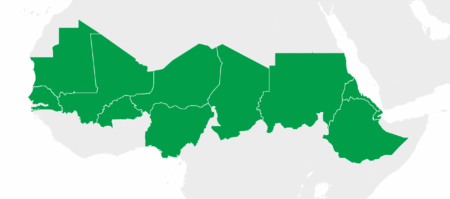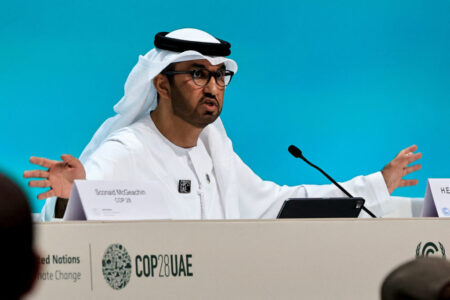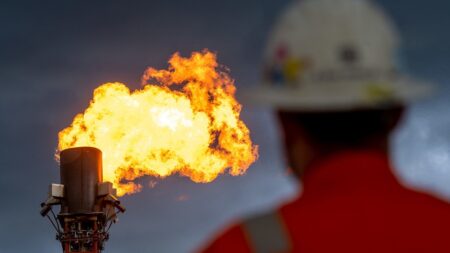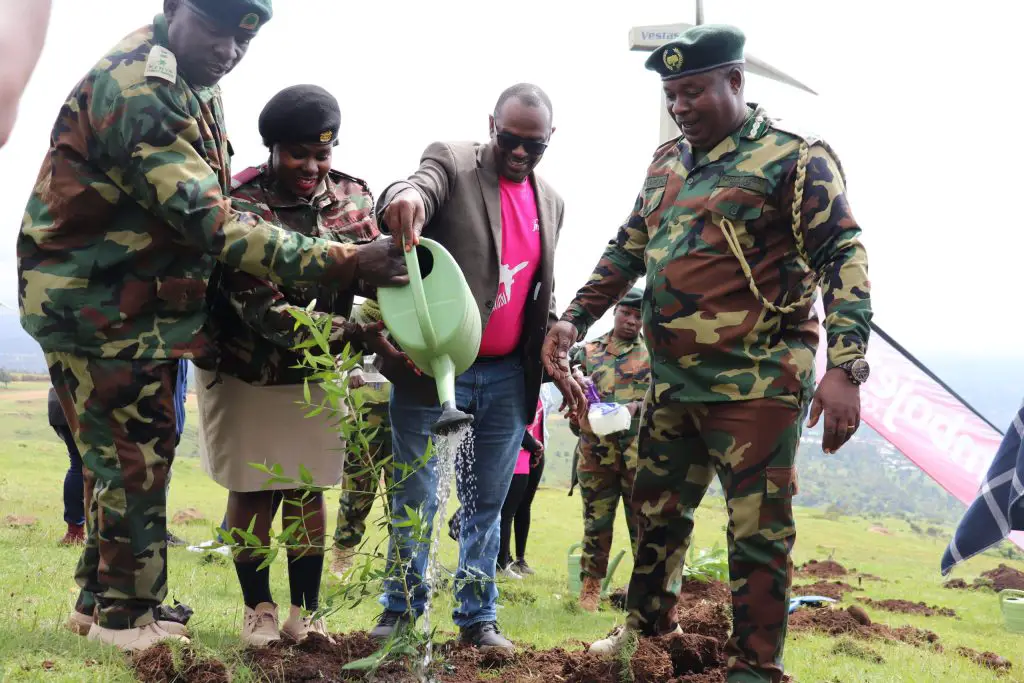- Africa’s new dawn: the rising role of digital and AI in agriculture
- Can Dangote Refinery Transform Africa Energy Ambition
- Gallup Survey: 80 per cent of Kenyan Workers Are Disengaged and Seek New Opportunities
- Madagascar Man Freed from 5KG Tumor After 15-Year Struggle
- How women in Africa are perceived and treated
- Sugar consumption in Kenya to Increase to 1.23 Million Tonnes
- Can Somalia and Turkey Oil deal Bring Change in Somaliland
- Remittances to Kenya dropped to $371.6 million in June, marking a six month low
Browsing: Greenhouse Gas Emissions
- Agriculture is one of the leading causes of climate change.
- Without action, emissions from food systems will rise even further, with increasing food production.
- Climate-smart agriculture offers a holistic approach to end food security.
It may surprise many that agriculture and its activities are, in fact, one of the leading causes of climate change. Agriculture is reported to be responsible for some of the highest emissions of greenhouse gases, making the sector one of the main contributors to global warming.
It strikes the environment with a double-edged sword, emitting greenhouse gases on one hand and destroying forests and marine ecosystems on the other.
According to the World Bank, agriculture is the primary cause of deforestation, threatening pristine ecosystems such as the Amazon and the Congo Basin. With the global population exploding, there is an inevitable need to increase food production, which can only be achieved by expanding agricultural activities.
This …
- For the first time in climate summits, diplomats from nearly 200 countries at COP28 have agreed on a new global climate pact.
- While past United Nations climate deals called for countries to reduce emissions, they shied away from overtly using the words “fossil fuels.”
- Africa should be allowed to exploit its significant oil and gas reserves to develop its economies before transitioning to cleaner energy forms.
For the first time in climate summits, diplomats from nearly 200 countries at COP28 have agreed on a new global climate pact that clearly outlines the need to “transition away from fossil fuels,” including oil, gas, and coal that have been hazardously heating the planet.
The agreement was reached on the final day of the COP28 in Dubai, United Arab Emirates, following two weeks of intense negotiations in a year regarded as the hottest. European leaders and most nations most exposed to climate-fuelled …
There are formidable challenges faced by the oil and gas industry across Africa, the Middle East and Asia (AMEA) regions, but perhaps the most pressing is the need for environmentally sustainable power solutions.
Currently, flaring poses a significant threat to the sector across its environmental impact and the cost to the company. Around 139 billion cubic metres (bcm) of natural gas are flared annually, releasing carbon dioxide (CO2), methane and black soot that affect climate change and human health. It also directly influences the sector’s ability to achieve Net Zero and the transformative target of eliminating non-emergency flaring by 2030.…
For Africa, energy security should come first due to the fact that the continent is the least polluter but it bears a disproportionate burden wrought on by climate change impacts. From 1850-2020, according to analysts, Africa’s global emissions contribution have remained below 3 per cent. However, the continent lost about 5– 15 per cent of GDP per capita growth annually from 1986 – 2015.
With the aggressive shift to clean energy, Africa risks even worse human and economic crises due to the multipronged dangers of climate change and the possible displacements caused by mining activities.
Already, climate change-related catastrophes have triggered internal displacement of 2.6 million people going by 2021 estimates. Violence and displacement are some outcomes of climate-related disasters which leaves millions facing acute food shortages and increasing vulnerability. If mining in the DR Congo, and Africa at large, continues as it has for decades, then the displacements, hunger …
Most Kenyans, 83 per cent, indicated a willingness to increase the amount of money they allocate to savings and investments, but the inability to save due to insufficient funds after fulfilling their obligations that require regular funding and the availability of quick digital loans.
Among their obligations which contribute to Kenyans’ financial strain is supporting their extended family which considerably bites into their savings. 84 per cent of people indicated that they regularly provide some income to their extended family, mostly in case of emergencies, because they feel a sense of obligation to send their extended families money and because their extended family members treat them better when they are sent money.
On their part, the extended family members mostly use the money to cater to recurring expenses like food & transport, school fees and medical expenses at 23 per cent, 19 per cent and 18 per cent respectively. Farm-related …
UNEP’s pilot aims to help policymakers assess the barriers in uptake of the much-needed technological shift towards electric bikes and to demonstrate that the shift is feasible and within reach.…










